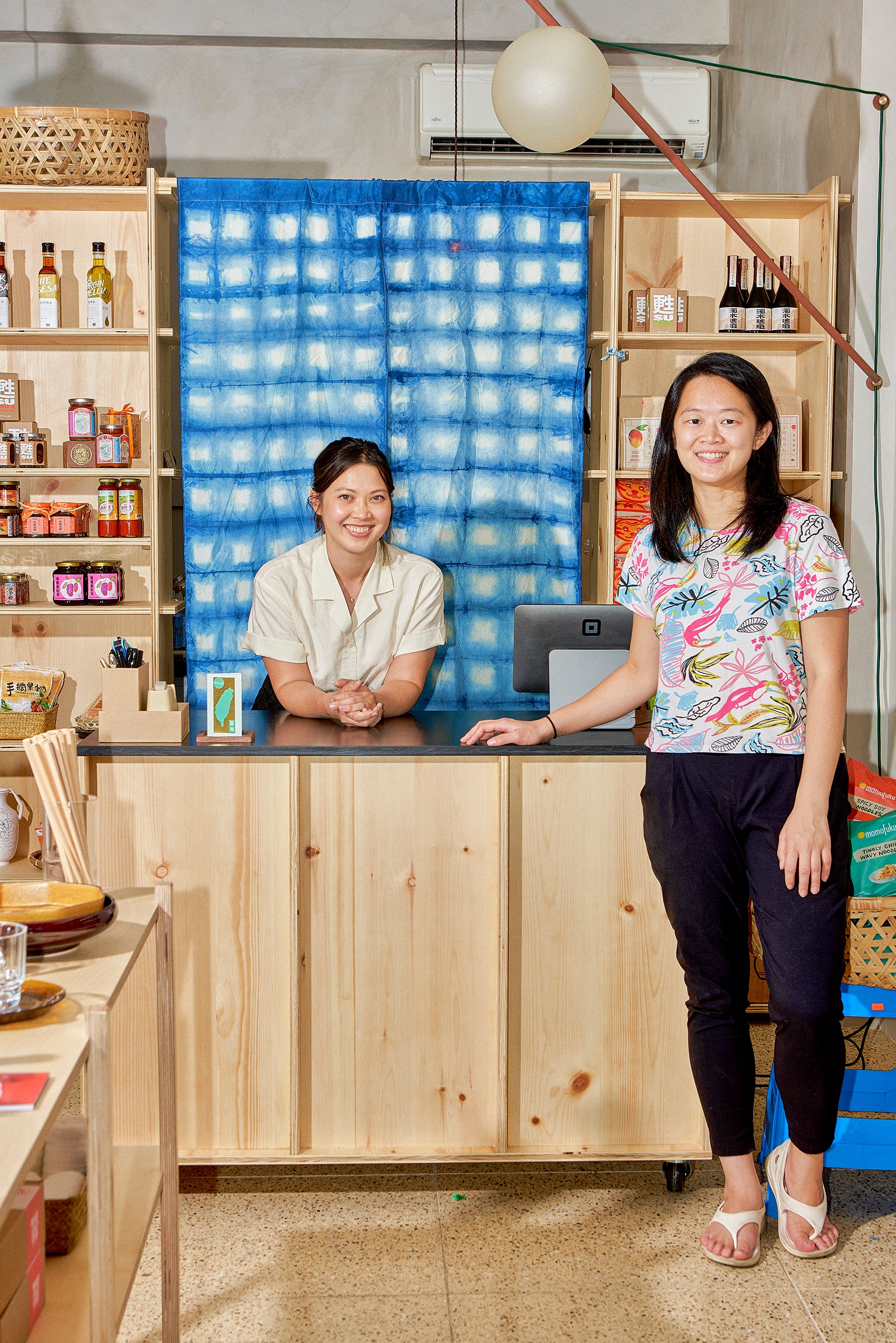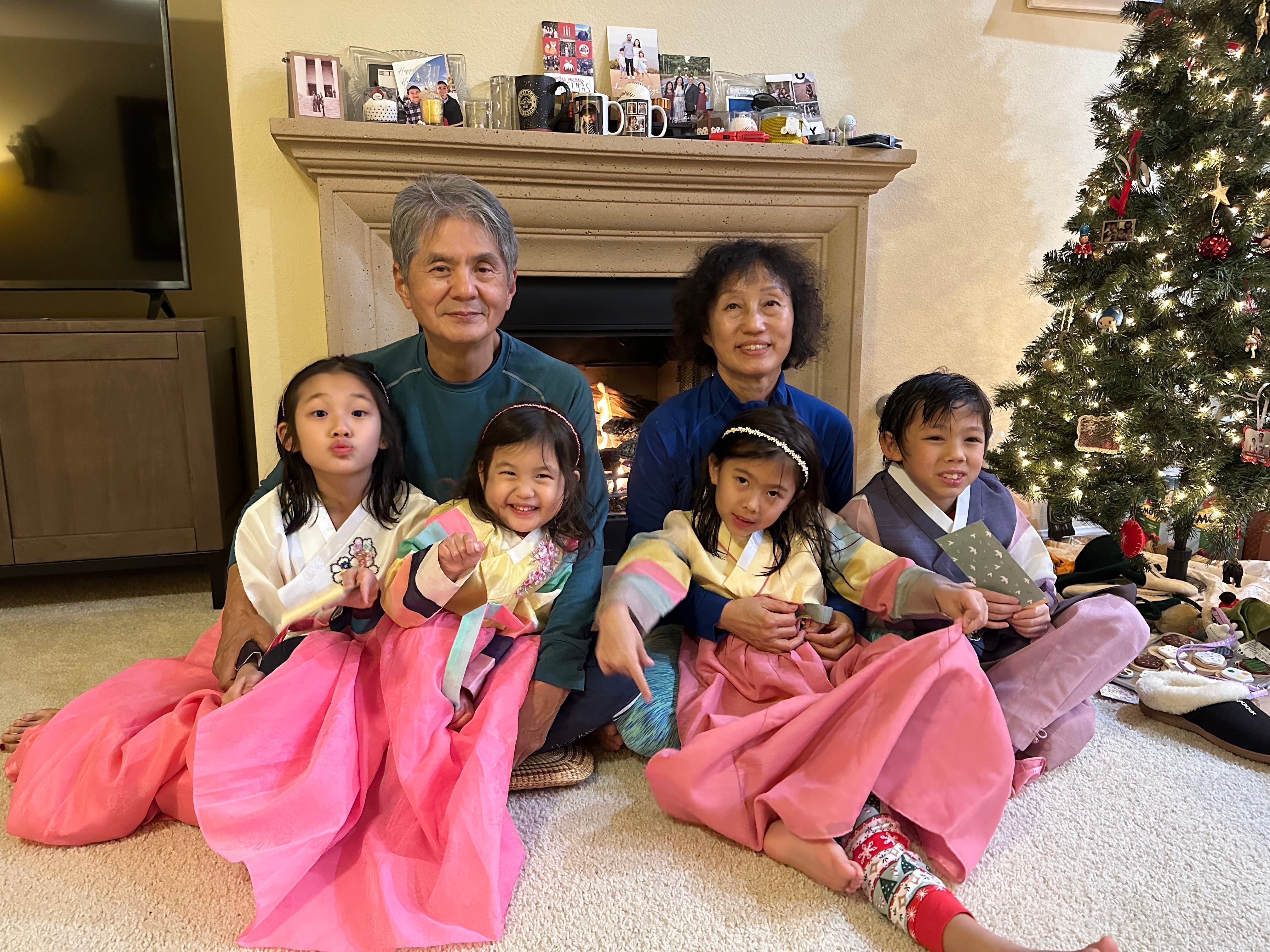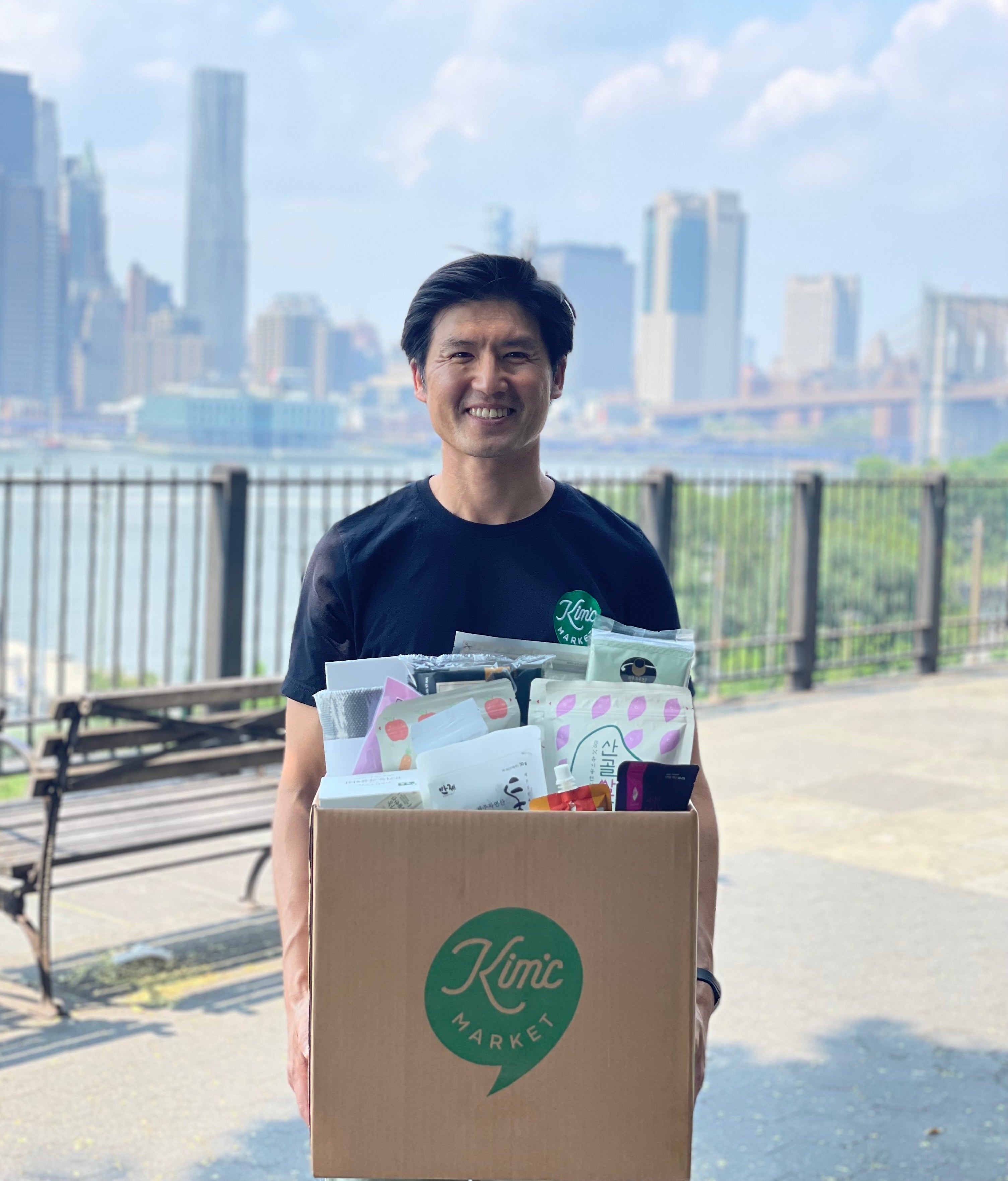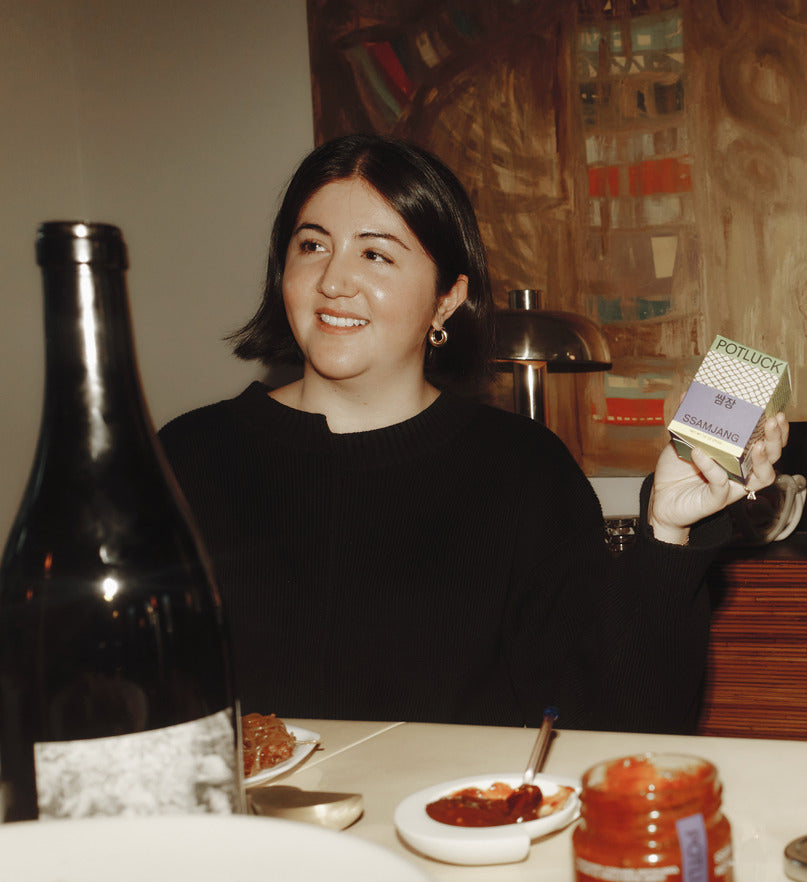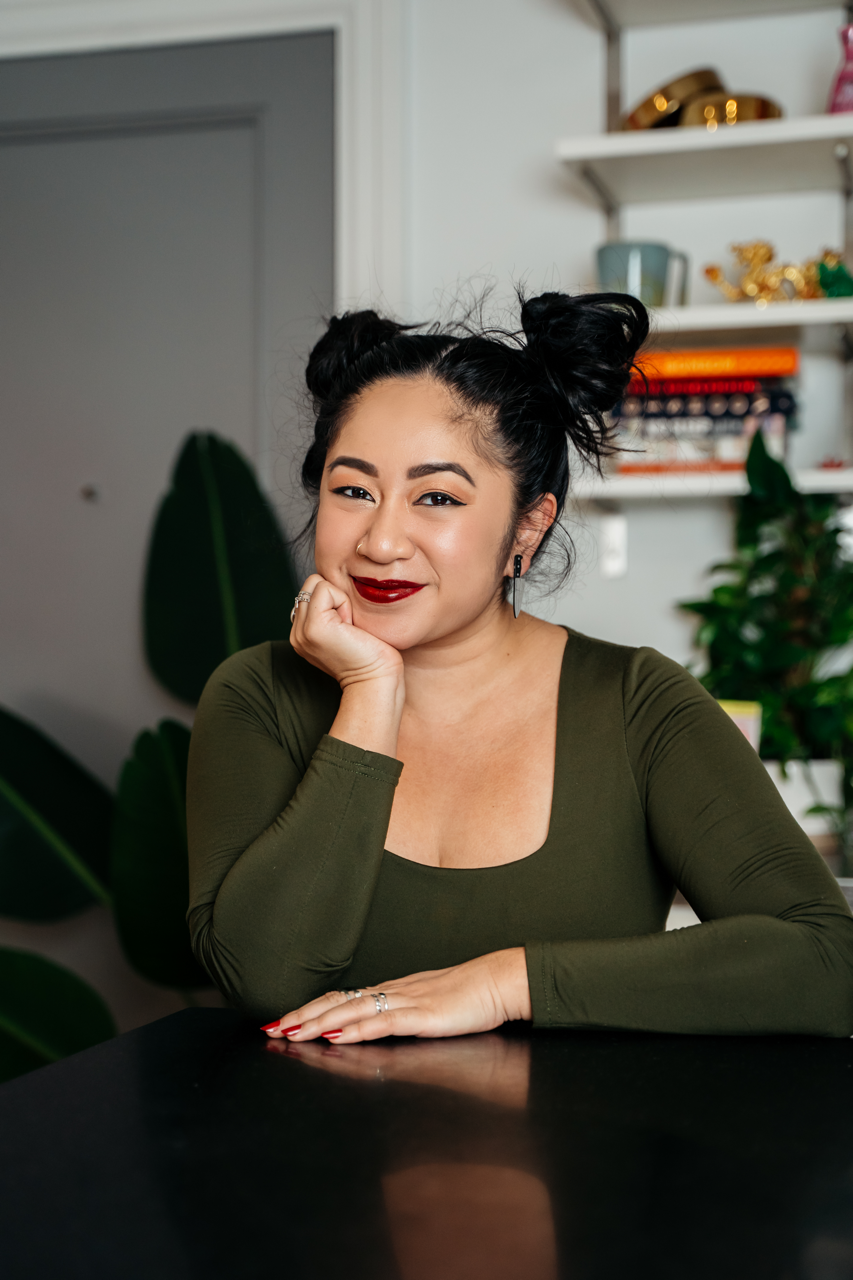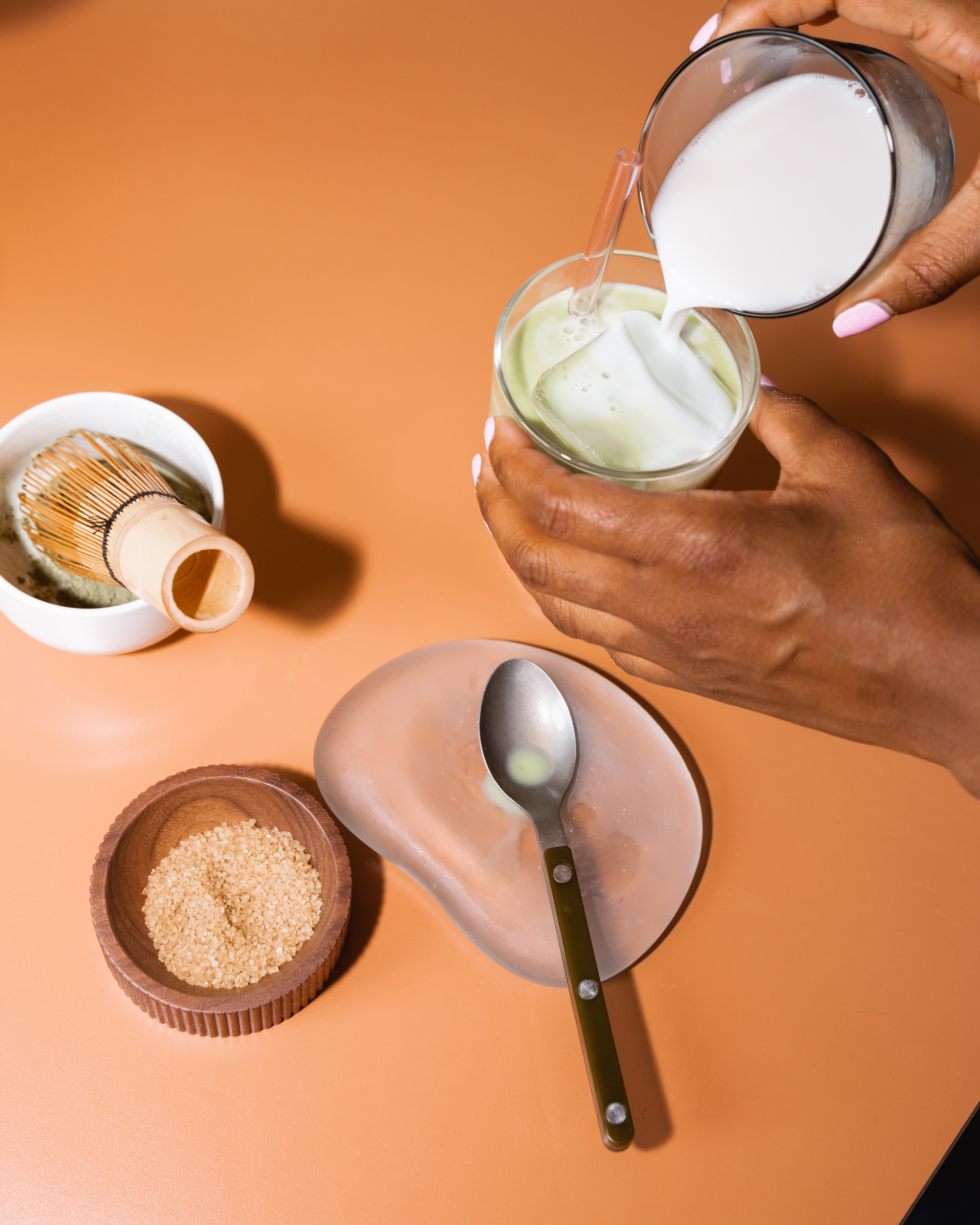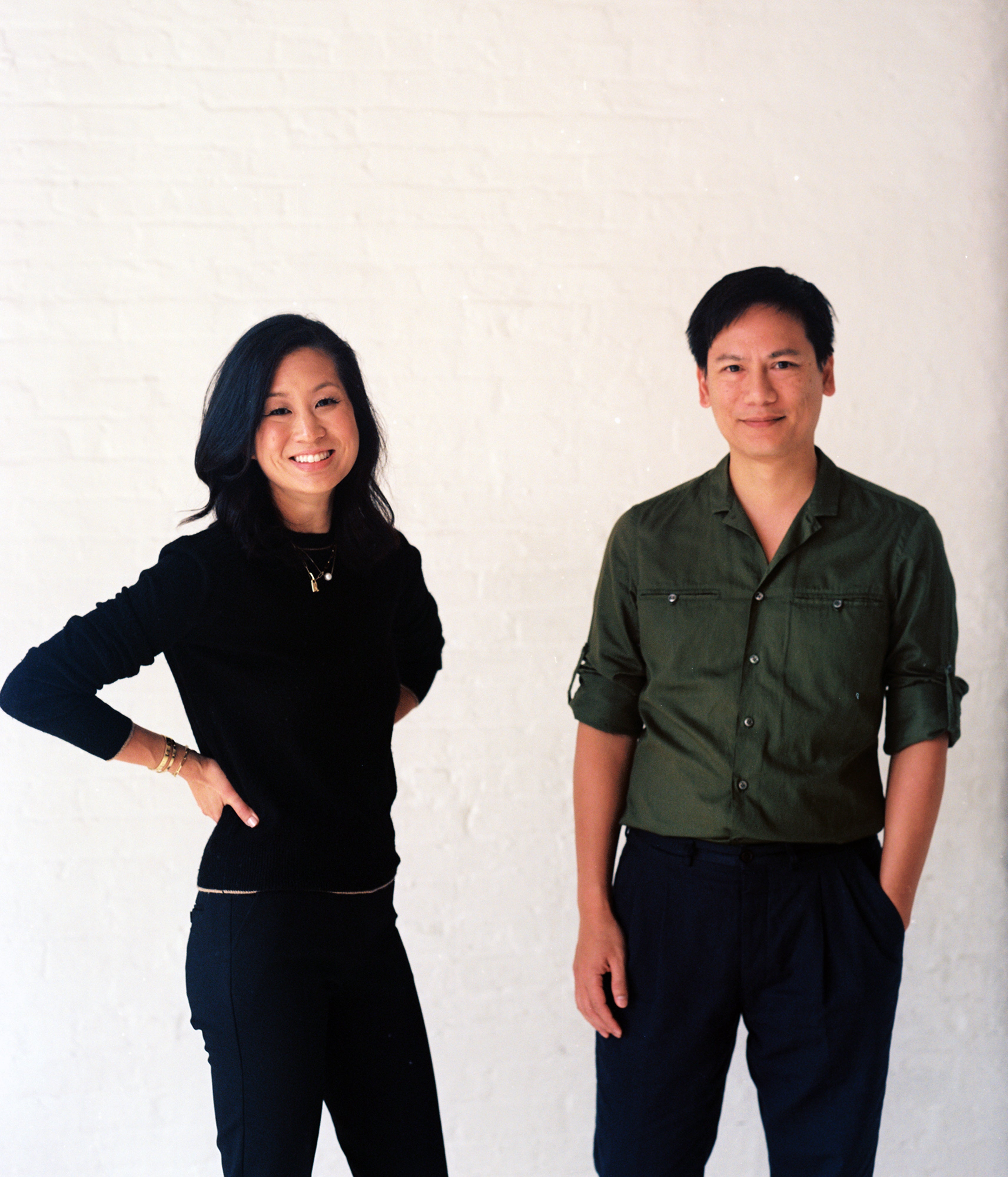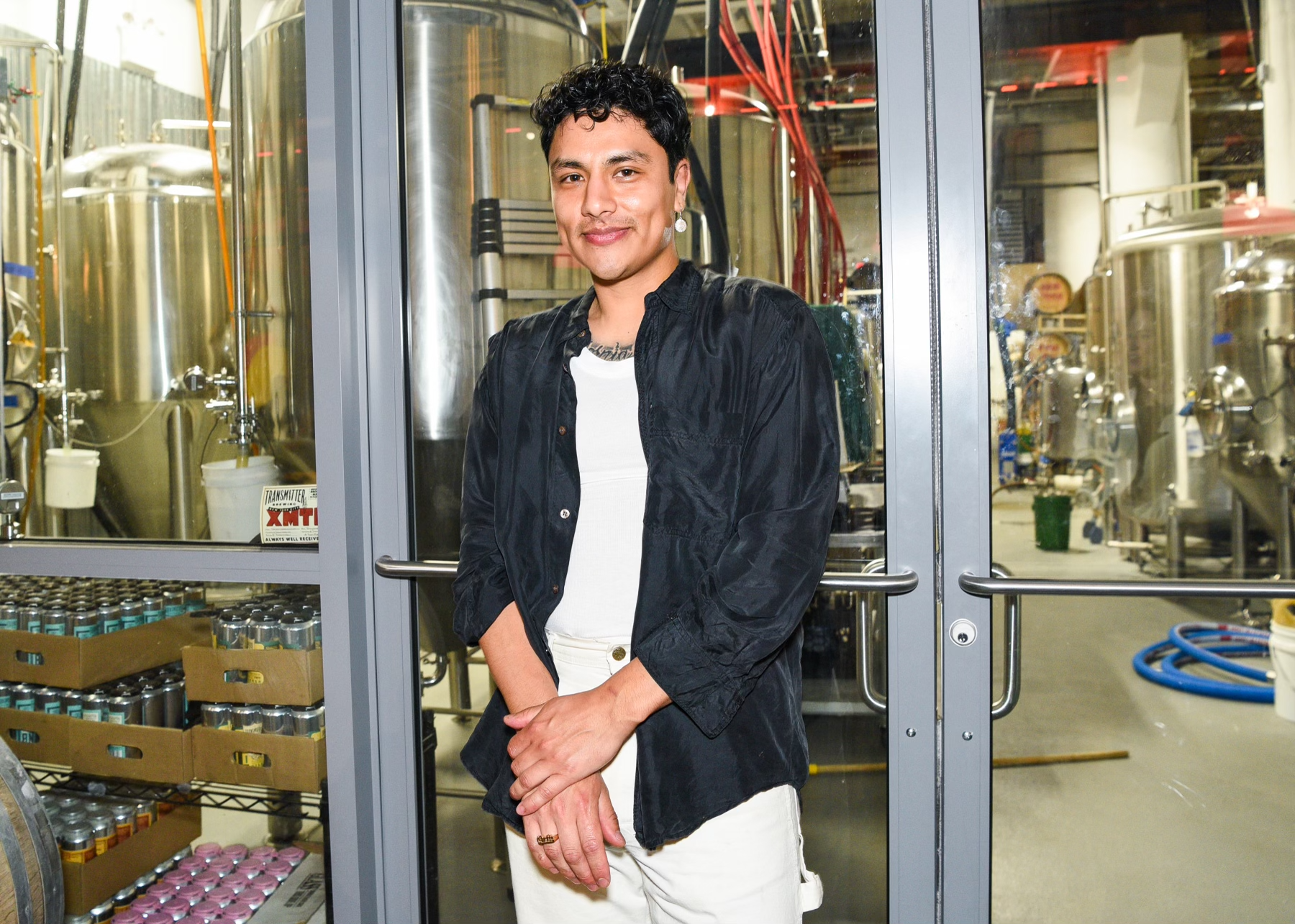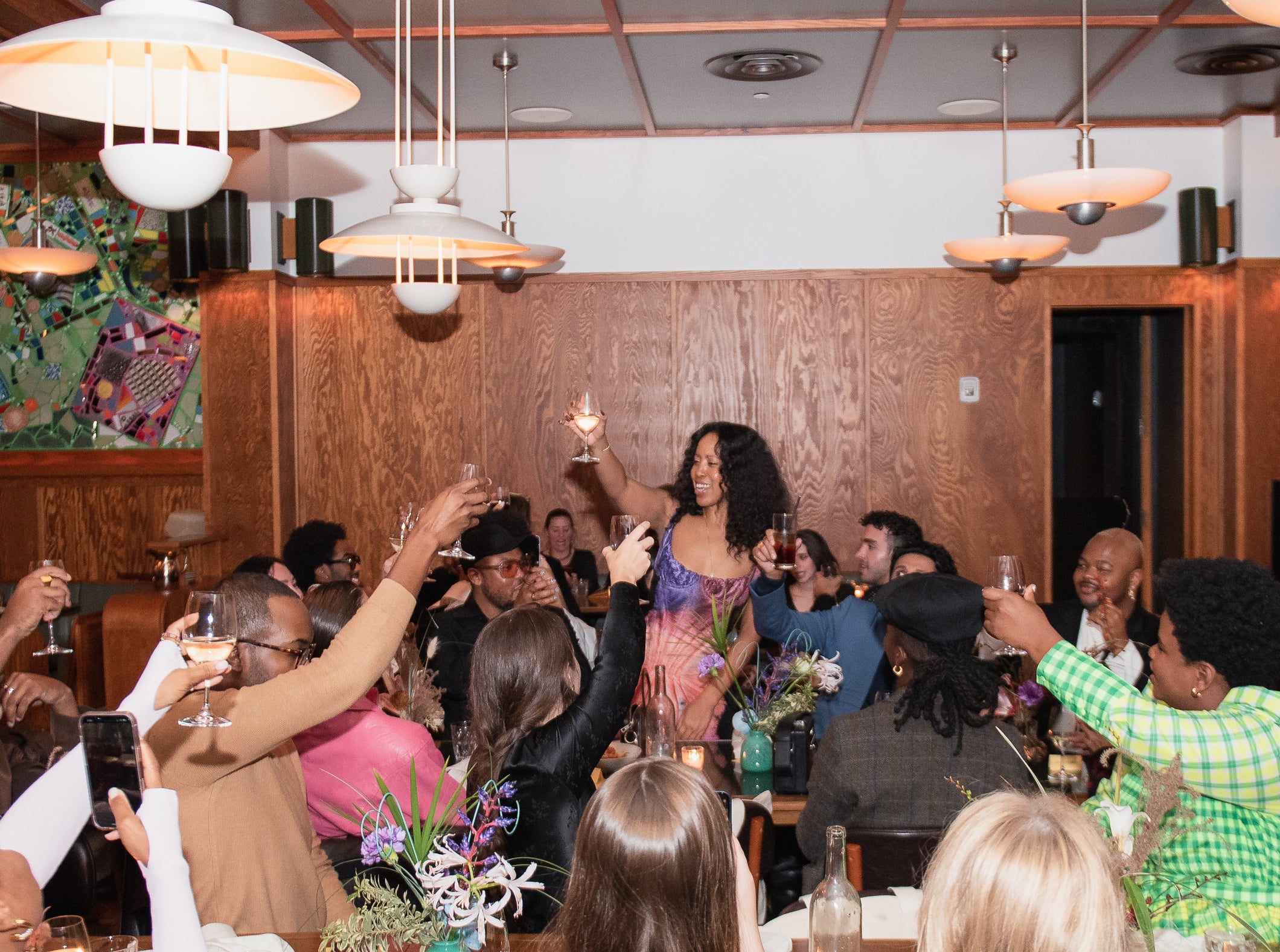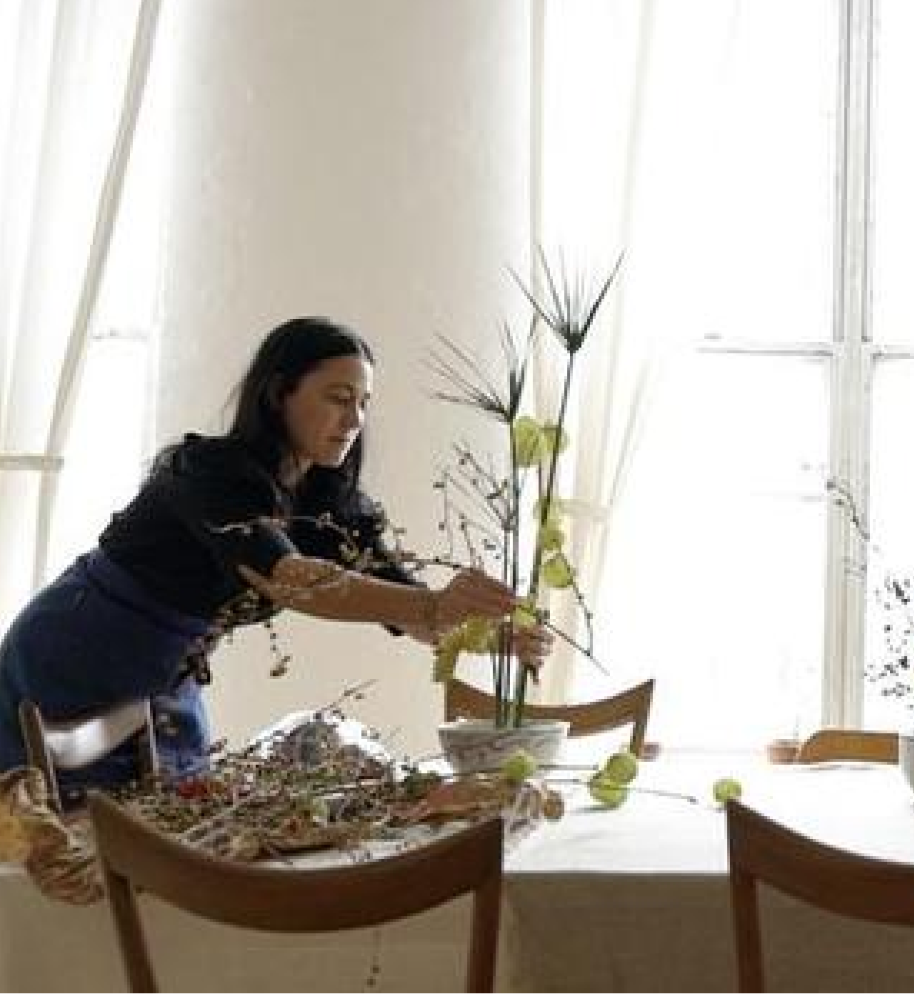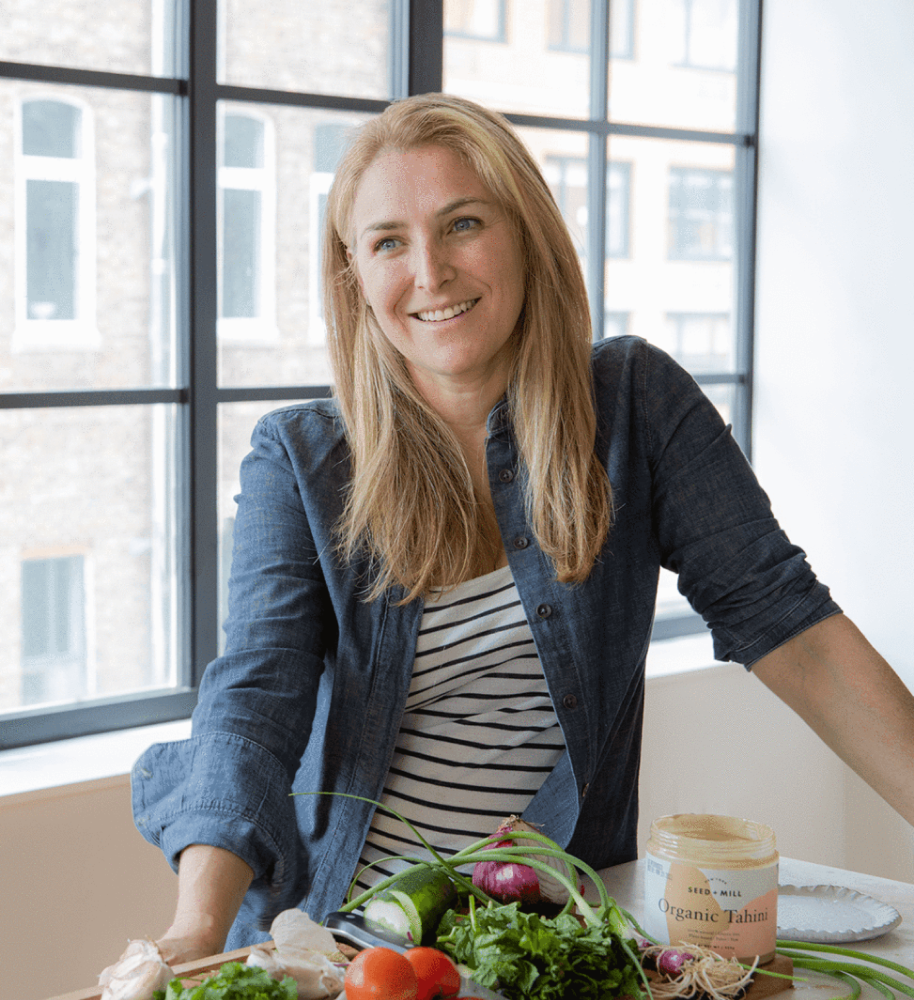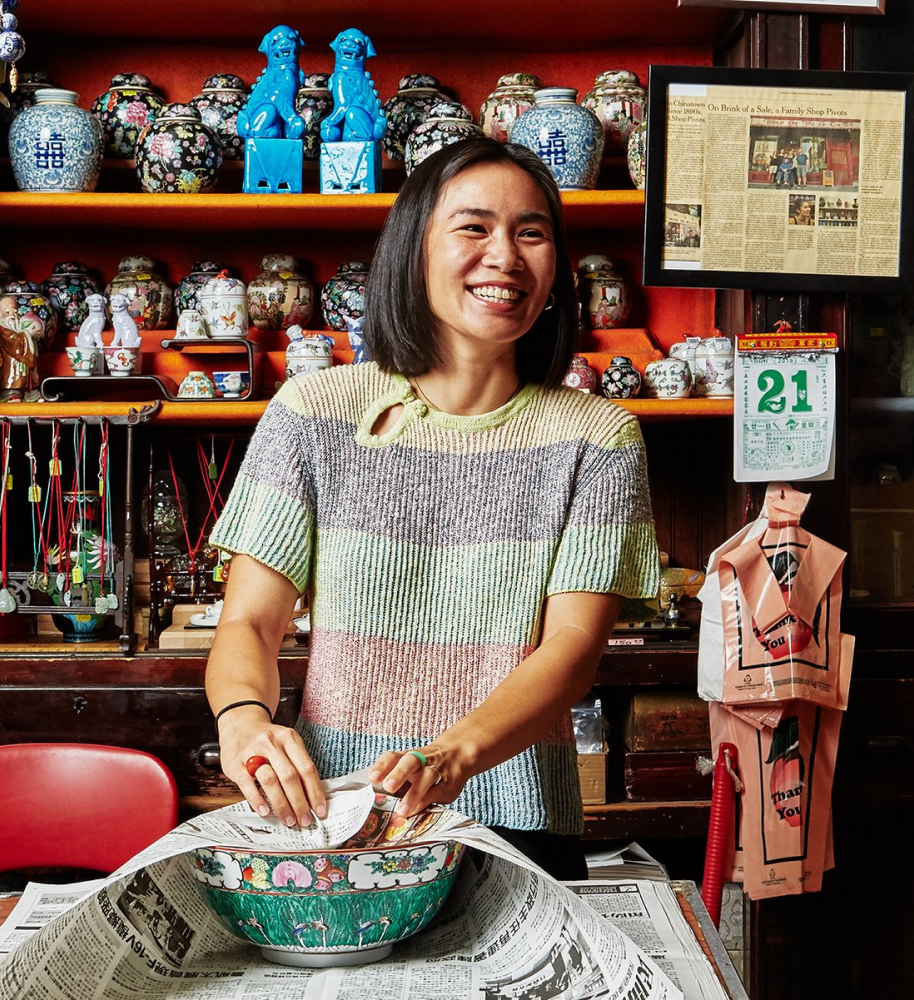Welcome to AAPI Heritage Month! All month long, we're featuring some of our favorite AAPI-founded small businesses. This week, we speak to Lisa Cheng Smith and Lillian Lin, co-owners of Yun Hai Shop, a specialty grocer offering a selection of premium ingredients for Taiwanese and Chinese cooking.
Q:
What does AAPI Heritage Month mean to you?
A:
Lisa Cheng Smith: For me, it’s the institutionalization of something we already practice every day. It’s a mechanism to encourage schools, institutions, and other corporate bodies to pay attention, take notice, and be sure to incorporate inclusivity in their programming and policies. It also has an organizing effect on the AAPI-led businesses and organizations in this country, resulting in a critical mass of messaging and events that can provide more visibility in sheer numbers. In truth, several other times of the year are even more relevant for our communities (Mid-Autumn Festival, Lunar New Year, etc), so this month feels very much about educating others. This is a net positive, but I think it’s important to mention that it can create a specific kind of pressure to perform.
Lillian Lin: AAPIHM provides a good "excuse" for Asian Americans to elevate our voices and call attention to our cultures—something that isn't always natural if you grew up in East Asian communities, which often emphasize humility and restraint over self-promotion. In reality, everyday is AAPIHM for us. It's in the food we eat, the art we consume, in the way we think, everyday. In that sense, AAPIHM is a chance for us to invite others to recognize, understand, and maybe even adopt a few AAPIHM cultural nuggets for themselves (yes everyone should have a good chili crisp at home).

Q:
How do you bring your heritage into your business and work?

A:
Yun Hai is all about heritage. We distribute heritage Taiwanese foods, looking specifically at foodways and practices that are traditional and often overlooked or undervalued. For example, shedding light on centuries-old salt making in Taiwan, or how the patterns of migration and occupation are legible in the food Taiwanese people enjoy on a day-to-day basis. It’s a lifelong journey; everyday we learn more about our own heritage and the history and context behind it. At the same time, we are learning to give it language and make it approachable to people from all backgrounds.
Q:
As we celebrate AAPI Heritage Month, what do you hope people will take away from discussions about AAPI culture and experiences?
A:
LCS: My constant hope is for people to continue to develop an innate familiarity with AAPI culture, and to understand it as part of the American cultural conversation. The impact AAPI culture has had on American culture is huge (even the word ketchup is of Chinese origin), and yet the gulf of understanding can still be very large. Yun Hai is all about place-based eating and cooking, but in our case the place is not just in Taiwan, it’s Taiwan in America, and all that comes with that.
I also hope that folks will understand that AAPI identity is absolutely plural. There’s no one way to be Asian American. All the ways are our own ways, and aggregate to our global voice. This is an ongoing dialogue that we’ll still be engaged in all the years from now as our cultures continue to evolve.

Q:
In what ways do you think brands and organizations can better support and amplify the voices of AAPI makers?

A:
LCS: My particular wish is to see restaurants and shops using Chinese-diasporic ingredients incorporate the phonetic Chinese words more readily; and across the board for other AAPI cultures. There are so many other languages referenced and present in our day-to-day speaking parlance (tapas, aperitif, etc). I think that incoroprating more of the native language of AAPI makers in describing cultural products in English would help create a deeper understanding of the cultural origins, while also normalizing/familiarizing their audiences with how to approach and pronounce words in AAPI languages.
LL: I hope that eventually there won't be a need for an AAPI month because AAPI makers will be readily integrated into companies and organizations from top to bottom. Having a diverse workforce and employing AAPI creators across all levels will help make sure our voices are present and can be continuously heard over the years.
Q:
What are some of your favorite AAPI-led small businesses?
A:
LL: All of the heritage Chinatown restaurants and grocery stores! They're working hard to enable and celebrate AAPIHM everyday and are the reason we (both as humans and as a business) exist at all. They've done the hard work to establish the Chinese communities in the US and gave us the ability to have an AAPIHM to celebrate.
LCS: I would agree with Lillian that the best AAPI led small businesses are the small businesses of our forebears—I know so many people who grew up in restaurants, dry cleaners, and other small shops. These businesses wouldn’t get a spotlight, normally, but without them, we’d suffer as a culture and a people.

